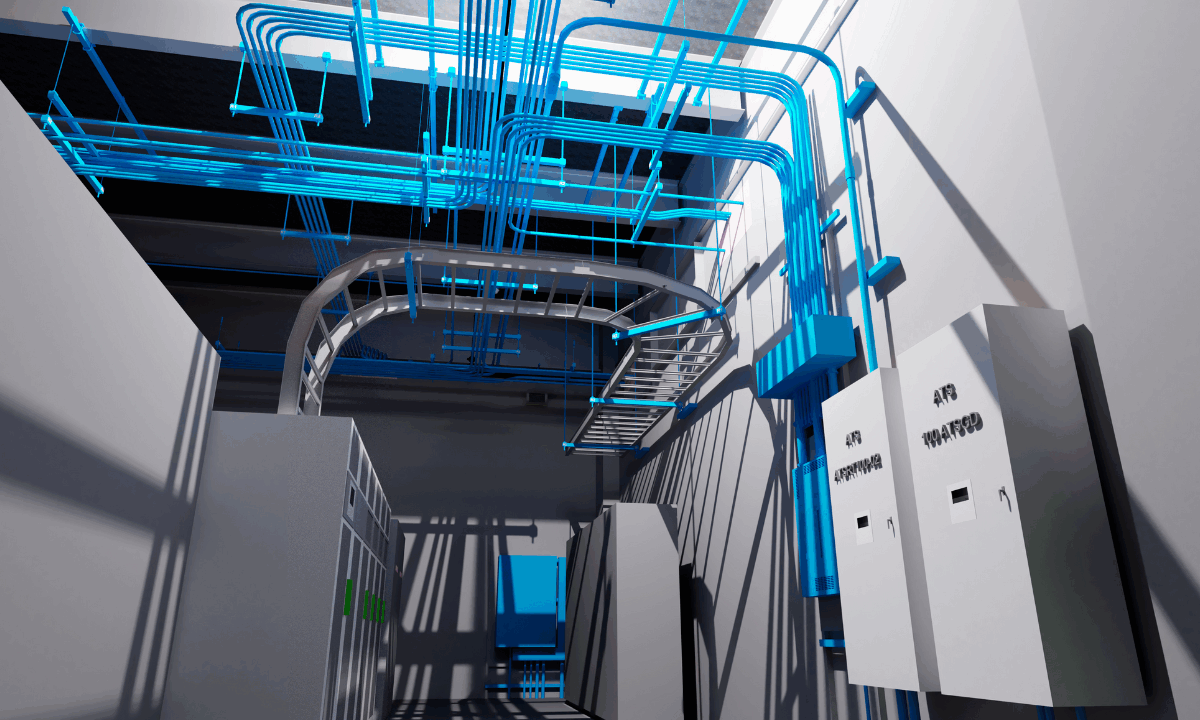The construction industry’s inherent brick and mortar essence has not made it immune to digitization, as AI, robotic and cloud technologies are transforming processes and efficiencies in every phase of the game, from supply chain optimization and building modeling to labor and materials planning. Total construction spending bounced back from the pandemic in 2021 at 12% above 2019 rates. Most construction executives have a positive outlook for growth for the balance of 2022 and beyond, but that optimism has been tempered by higher prices, continuing supply chain challenges, a labor shortage and an inflationary economic environment.
The U.S. economy is sending contradictory signals as we teeter on the brink of a recession; wages and employment are up but so are prices and interest rates. Today’s atmosphere of uncertainty, volatility and complex regulations has motivated more construction companies across the value chain to deploy digital technologies to get a clearer picture of project operations, optimize asset efficiency and manage risk. Bidding/bonding is one critical area in which digital solutions can help a contractor gain a competitive advantage in a difficult environment.
Necessity, the accelerator of innovation
Agility is everything, so the faster a contractor can get qualified and obtain a bid bond, adjust bids, update work in progress, get additional credit and order performance and payments bonds, the better position they are in to win bids. However, the manual process for contractors to get bids and performance bonds involves a tedious process of sending the bid invitation letter, job specifications and bid request forms to their insurance agency, which would get an offer from a surety bond company after rigorous credit and background checks. If the contractor wants to do another, higher bid, the agent will request more information, resulting in an endless back and forth. Sometimes they miss the job because the information-gathering process is so taxing.
Technology platforms now make it possible for contractors to go online and swiftly and accurately acquire, control and keep track of bid, performance and payment bonds. 85% of insurance CEOs say the pandemic accelerated the digitization of their operations. Necessity has become the accelerator of innovation in the last two years of lockdowns, and contractors stand to benefit from more streamlined processes now available—if they are willing to dive in.
Navigating inflation and potential cost deviation
Digital solutions also can help contractors navigate difficult inflationary conditions. Construction costs skyrocketed by 17.5% year-over-year (YoY) from 2020 to 2021, and are expected to increase by 14.1% YoY by the end of 2022. Since most contractors operate on slim margins in a highly competitive marketplace, contractors must master the bidding process not only by submitting winning bids but also by accurate bids in line with fluctuating costs. Supply chain delays can lead to a disrupted timeline, so construction executives are turning to project control and cost management software that can crunch the numbers in real time so leaders can eliminate surprises and make informed decisions.
The increasing costs naturally impact the bidding process, making it challenging to estimate future costs. Since losses would also lead to more expensive rebuilds, the sum insured and bonded may need to be revised to minimize the risk of being underinsured. Incorrectly building future costs into bids can be potentially catastrophic. In addition to cost management technology, contractors can use digital solutions to see where they stand with their current and aggregate bonding limits and quickly adjust their bonds. Executives need ways to make swift bidding decisions from an array of disparate data.
Using tech for confidentiality and power of attorney in bonding
Digital technology enables contractors to be nimbler in executing a competitive bid in an atmosphere in which bids need to come in up to the 11th hour and razor-thin margins determine wins and losses. Previously, the insurance agent would have power of attorney, know what the bid is (and sometimes see competitors’ bids, too) and issue the bond. New software solutions allow insurance providers to grant power of attorney directly to contractors, enabling them to issue their bid bonds and order performance and payment bonds instantly online. When you’re online, nobody knows your bid except you and the company. There’s no intermediary. Contractors with their own powers of attorney can move faster in getting bonds and seize more control of their own destinies instead of ceding power to middlemen who may be motivated by commission.
Going digital is not a matter of if; it’s a matter of when
The construction industry—which has been one of the most reticent to move toward digitization—has also, and not coincidentally, shown only slim growth in productivity of about 1% in the last two decades. The McKinsey & Co. suggested that digital transformation can result in and cost reductions of 4% to 6%. Contractors and industry executives are no doubt aware of the opportunities tech adoption present to increase productivity and realize that now it’s no longer a question of if but when.
Now a new breed of younger tech-savvy construction professionals is looking at their businesses like a business, and not only at the direct costs associated with the brick-and-mortar, wood and hammers. They’re looking at their internal office structure and asking how they can be more productive. That’s where digital works—and it’ll work better and better as the next couple of years unfold.
A future ripe with opportunity but fraught with complexity
The U.S. Senate just passed a bill that includes the largest ever investment in battling climate change, including $60 billion for clean energy manufacturing. The future looks bright for public works contractors, especially when factoring in President Joe Biden signing a $1 trillion bipartisan infrastructure bill, unlocking funds for transportation. But to compete for contracts in this uncertain era of exceeding complexity, they should move away from manual, paper processes.
In the contract business, leaders need fingers on the pulse of their surety lines, work on hand, claims and standing—every day and in real time. In an industry enduring low profitability and thin margins, executives cannot afford to neglect technologies that can unearth optimization and efficiencies buried in old processes. Contractors need to be able to appraise their financial situation on demand. Digital tools are available that can help a contractor have a clear and constantly updated view of financial statements, credit scores, bid history and open bond liability. There has never been a more urgent need for speed and certainty in construction, and digital solutions are the most sensible way to act faster and better informed.







